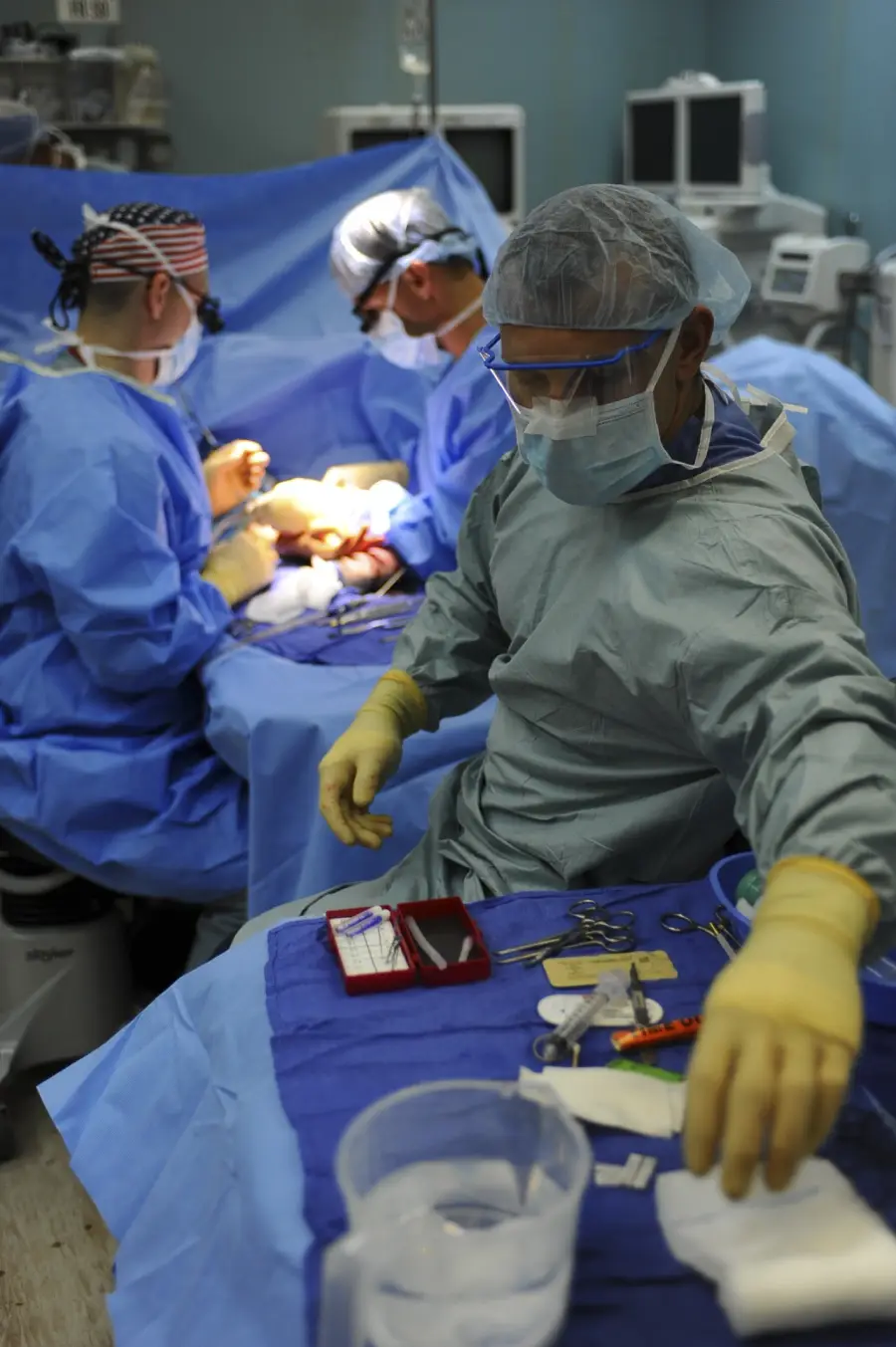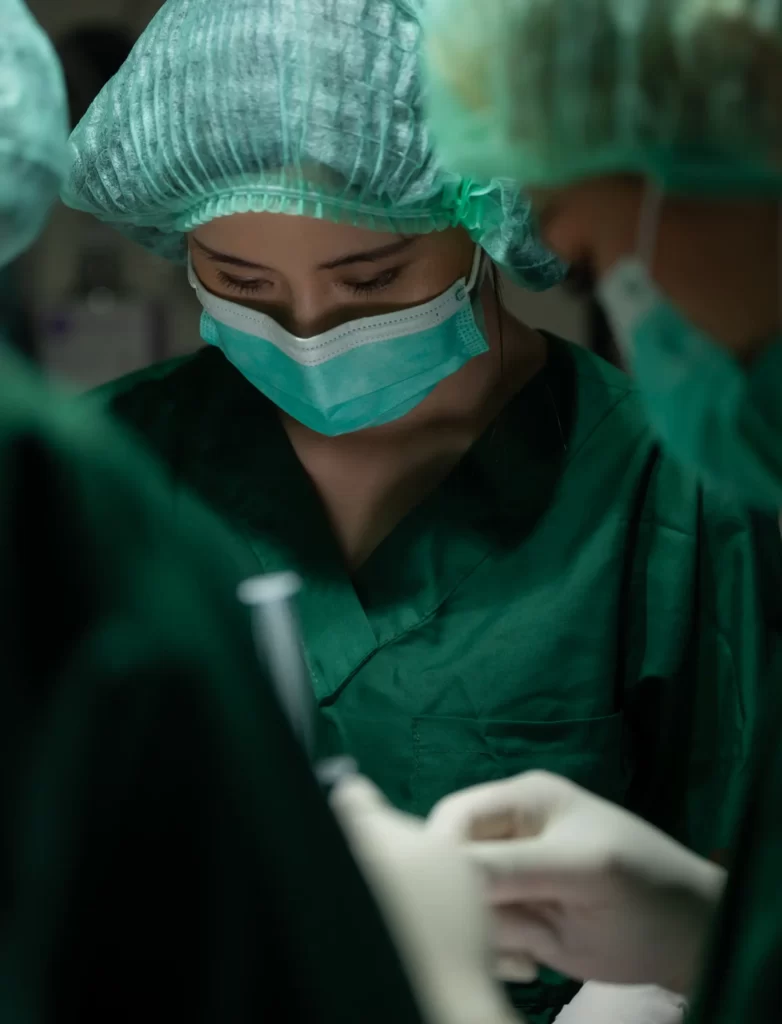Surgical Gastroenterology
The highly evolved sub-speciality that involves the use of surgery for complex problems of the gastrointestinal tract is referred to as surgical gastroenterology or gastrointestinal surgery.
Advanced Gastrointestinal
Surgeries
This is a surgery performed to remove the gallbladder, a pear-shaped organ found on the right side of the abdomen and which is responsible for storing bile produced by the liver.
This procedure may be advised for patients, who are diagnosed with gallstones in the gallbladder or bile duct, and for whom medical management of the condition has not yielded satisfactory results.
The surgery may also be suggested for severe inflammation of the gallbladder.
A surgical procedure to remove the appendix,
appendectomy is often performed as an emergency procedure.
An appendix is
a tube-like pouch at the end of the large intestine and by itself does not serve any purpose in the digestive system. But when an appendix gets inflamed
causing abdominal pain, doctors may suggest surgery to remove it as a
ruptured appendix can lead to dangerous complications.
This can be an open
procedure or can be performed as a minimally invasive surgery.
Colectomy is a procedure for partial or total removal of the large intestine (colon).
The gastroenterologist may suggest a colectomy if a patient is diagnosed with cancerous growth along the colon,severe inflammation or infection in any part of the colon or with diverticulitis, a condition characterised by infection of pouches that may form in the intestine.
The pancreas is an important organ within the digestive system that performs many functions it produces fluids that help in digestion of food, while also producing hormones that regulate blood sugar levels in the body.
Pancreatitis is inflammation of the pancreas that causes leakage of digestive enzymes.
This in turn causes damage to the pancreas. Pancreatic pseudocysts are formed when there is fluid collection as a result of pancreatitis.
Corrosive injuries occur when individuals ingest dangerous and caustic substances that can cause ulcers and severe injuries/scarring in the oesophagus, stomach and intestine.
Our gastrointestinal surgeons have high degree of experience and proficiency in performing surgical procedures that seek to minimise the damage to the GI organs caused by corrosive injuries. These are mostly conducted as emergency procedures.
Surgical gastroenterology also deals with a wide variety of tumours or malignant growth in different parts of the GI tract. Patients may present with conditions such as colon cancer, stomach cancer, cancer of the pancreas, colorectal cancer and liver cancer.
Our surgeons have been performing complex surgeries to treat these conditions with immense skill and precision.


About
Surgical Gastroenterology
Gastroenterologist has vast knowledge of the physiology and functions of the digestive system and treats patients with a wide range of ailments affecting the digestive organs.
The highly evolved sub-speciality that involves the use of surgery for complex problems of the gastrointestinal tract is referred to as surgical gastroenterology or gastrointestinal surgery.
Gastrointestinal (GI) surgeons undergo training in performing advanced
procedures related to the digestive system and provide tertiary care to
patients with a variety of conditions affecting the GI tract.
Hindu Mission
Hospital has best-in-class surgical care facilities for these type of procedures
and our surgeons have an exceptional track record in doing complex
operations for abdominal emergencies, gastrointestinal bleeding, colorectal
cancer, pancreatic cancer, gall bladder stone, colon polyps, ulcerative colitis
among others.


